Tag: College of Southern Idaho
Integrated education training prepares student for rewarding career in trucking
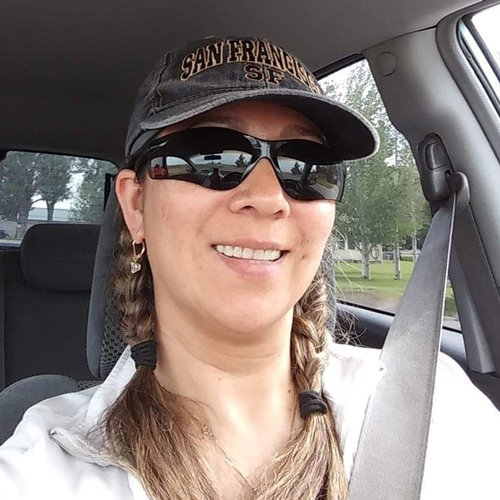

Since Sandra Cortes was a child, she wanted to drive big trailers. However, her mother believed it was a job suited only for men. So, Cortes put her dream aside and settled for driving 10-wheel trucks, water trucks, and tractors with trailers on a dairy farm in Jerome, Idaho. Everything changed when she learned about the College of Southern Idaho’s (CSI) commercial driver’s license program (CDLP).
In Idaho, aspiring commercial truck drivers need a commercial learner’s permit (CLP) to enroll in truck driving school. Getting this permit involves applying and taking a written test, but Cortes faced a language barrier that prevented her from meeting these requirements. However, CSI’s CDLP is part of its integrated educational training (IET) programs. This specialized adult education model tailors learning experiences to a particular profession, so students receive job-specific training while improving other basic skills like literacy and English language acquisition. It was a perfect fit for Cortes’ needs and interests.
“At CSI, our IET programs focus on careers in high demand for our region, such as welding or certified nursing assistant,” said Jennifer Hall, director of College and Career Readiness and adult basic education at CSI. “According to the Idaho Department of Labor’s August 2023 labor market report for South Central Idaho, heavy and tractor-trailer truck drivers were among the three occupations with the most job postings.”
When students enroll in the program, they’re assessed on their skills so support can be tailored to their current needs and abilities. The eight-week program includes learning job-specific skills like safety protocols, traffic laws, basic vehicle inspection, and general education skills such as vocabulary tailored to commercial truck driving.
“The CDLP program helped me understand there is more to driving than just getting on a trailer and moving forward. I use what I learned from this program every day; it’s changed the way I drive.”
Sandra Cortes
After completing the program, students earn their CLP and can enroll in one of CSI’s partner driving schools for their commercial driver’s license (CDL). After Cortes finished the intensive four-week driving course with an endorsement in doubles and triples, CSI extended job placement aid, leading her to her current role as a long-haul truck driver at Riverence, an Idaho-based sustainable aquaculture company.
Cortes is thrilled with her new career and deeply appreciates the support she received.
“I started with little experience, but they gave me a chance to learn,” Cortes said. “Riverence feels like my second school; landing this job has been an incredible experience.”
CONNECT Countdown – Region 4

As State Administrator Clay Long announced on May 3, the Idaho Division of Career Technical Education will be moving from a single summer conference to three rotating regional conferences in 2022.
You can register for any event, space permitting, regardless of where you live or work. And no matter which event you attend, the registration fee and division program will be identical for all three conferences.* Choose the event that works best for you and save the date:
| Dates | Schedule |
| July 13-16, 2022 | College of Southern Idaho |
| Aug. 3-6, 2022 | College of Eastern Idaho |
| Sept. 21-24, 2022 | Lewis-Clark State College |
Hard work, determination, translate into career in phlebotomy
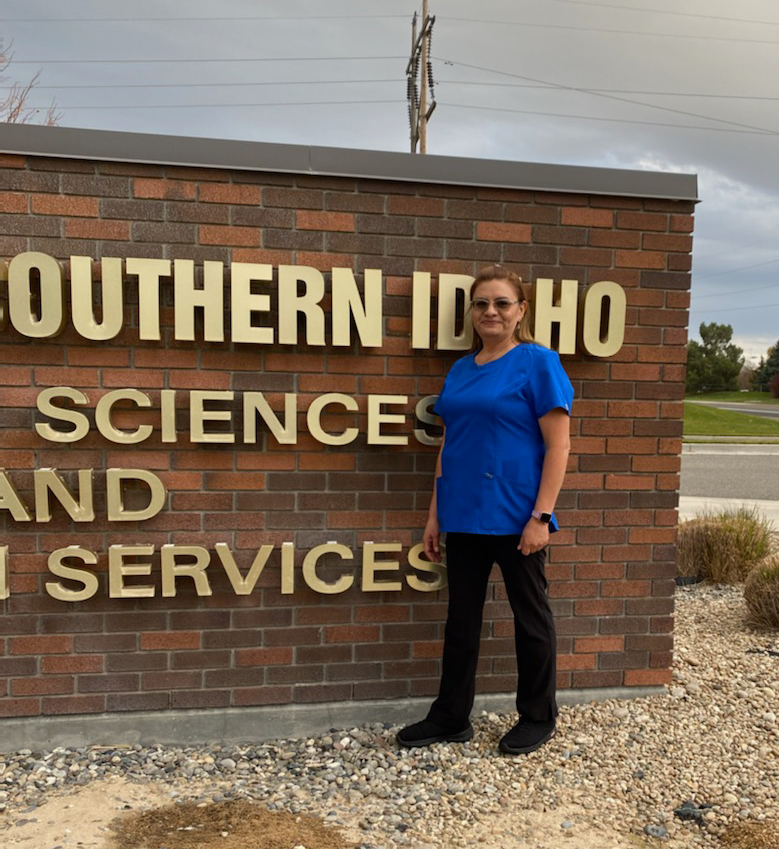
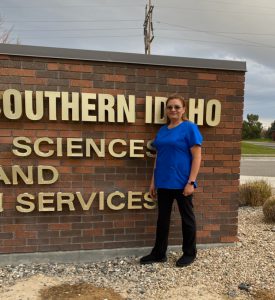
Maria Lopez always knew she wanted to be a nurse. In Mexico City, where she lived before coming to the United States, she even began taking classes. While Lopez didn’t complete her studies, she never abandoned her dream. So when Lopez saw a flyer at the Mexican store advertising the Integrated Certified Nursing Assistant (I-CNA) course at the College of Southern Idaho (CSI), she knew this was an opportunity to make her dream a reality.
At CSI, the I-CNA program is offered through a partnership between its College and Career Readiness (CCR) and Workforce Development Center programs and the Health Science and Human Services department. It is designed to help non-native English speakers learn or improve their English while pursuing their CNA certification. Participants include English-language-learning U.S. citizens, refugees, immigrants, and foreign nationals from various national backgrounds, including countries in Africa, the Middle East, Asia, and Latin America.
“Because the program integrates English language and civics instruction into the standardized CNA curriculum, it takes a whole semester to complete, as opposed to the eight weeks of the general population version of the CNA class at CSI,” said Philip Valenta, industry training coordinator for CCR. “Otherwise, our students are completing the same clinicals and exams as the students of any other CNA section offered on campus.”
The I-CNA program provides a dedicated English Language Acquisition (ELA) instructor to help students improve their language skills and support them during their CNA instruction. The program also includes support outside the classroom, including securing funding assistance, figuring out transportation and childcare options, and creating study groups. And because the cohorts are small—about 10 students are served each semester—CCR can follow up with program graduates to see how they’re doing, personally and professionally. The program was perfect for Lopez, so she enrolled on Jan. 10, 2021.
Lopez, who has been in the U.S. for 26 years, found the customer service and guest relations skills she acquired working at a casino, first as a housekeeper, then as a desk clerk, translated well to being a CNA. But studying medical terminology in her second language proved to be particularly challenging. Fortunately, her children, ages 17, 35, and 38, have been supportive and encouraging.
“They’ve been incredible. I’m 56, so going back to school was a little hard, especially at my age. But when I begin something, I don’t stop,” said Lopez. “Sometimes, I’d take a picture of something I didn’t understand and send it to my daughter-in-law and have her explain it to me.”
Lopez also studied with her youngest daughter.
“She’ll be graduating early in February, and she wants to be a CNA, too,” said Lopez. “She helps me a lot, and I always practice with her.”
In addition to support from her family, Lopez also appreciates the help she received from her instructors at CSI.
“I had the best teachers. Every patient is different, and they showed me so many ways to get the job done and make sure every patient has a good experience,” said Lopez. “They made everything look so easy, but they also made me feel like I could do it. They were so encouraging.”
Maria Lopez
Through hard work and determination, Lopez finished the I-CNA program in June and passed her exams in August. After getting hired as a CNA at St. Luke’s Magic Valley in September, Lopez decided to take the 80-hour phlebotomy course at CSI, which she completed in December. She continues to improve her skills—in both nursing and English.
“When I was taking the CNA course, I had to read some chapters four or five times in English and one or two times in Spanish. I even downloaded a translation app on my phone to help me,” said Lopez. “But now, in my phlebotomy class, I need minimal translation to understand.”
Lopez loves her new job, but she hasn’t forgotten the importance of customer service and hard work. “It doesn’t matter what language you speak,” said Lopez. “It matters how you do your job, how you handle difficult situations, and how you choose to care for people.”
College of Southern Idaho – IFSAC Skills Test
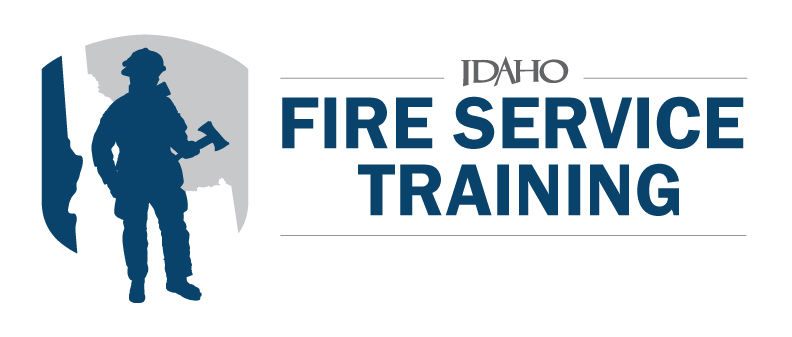
College of Southern Idaho – IFSAC Written Test

Hazardous Materials Awareness, Hazardous Materials Operations, Firefighter I, Firefighter II, Driver Opertor-Pumper, Fire Instructor I, Fire Officer I, and Fire Officer II.
 Official Government Website
Official Government Website